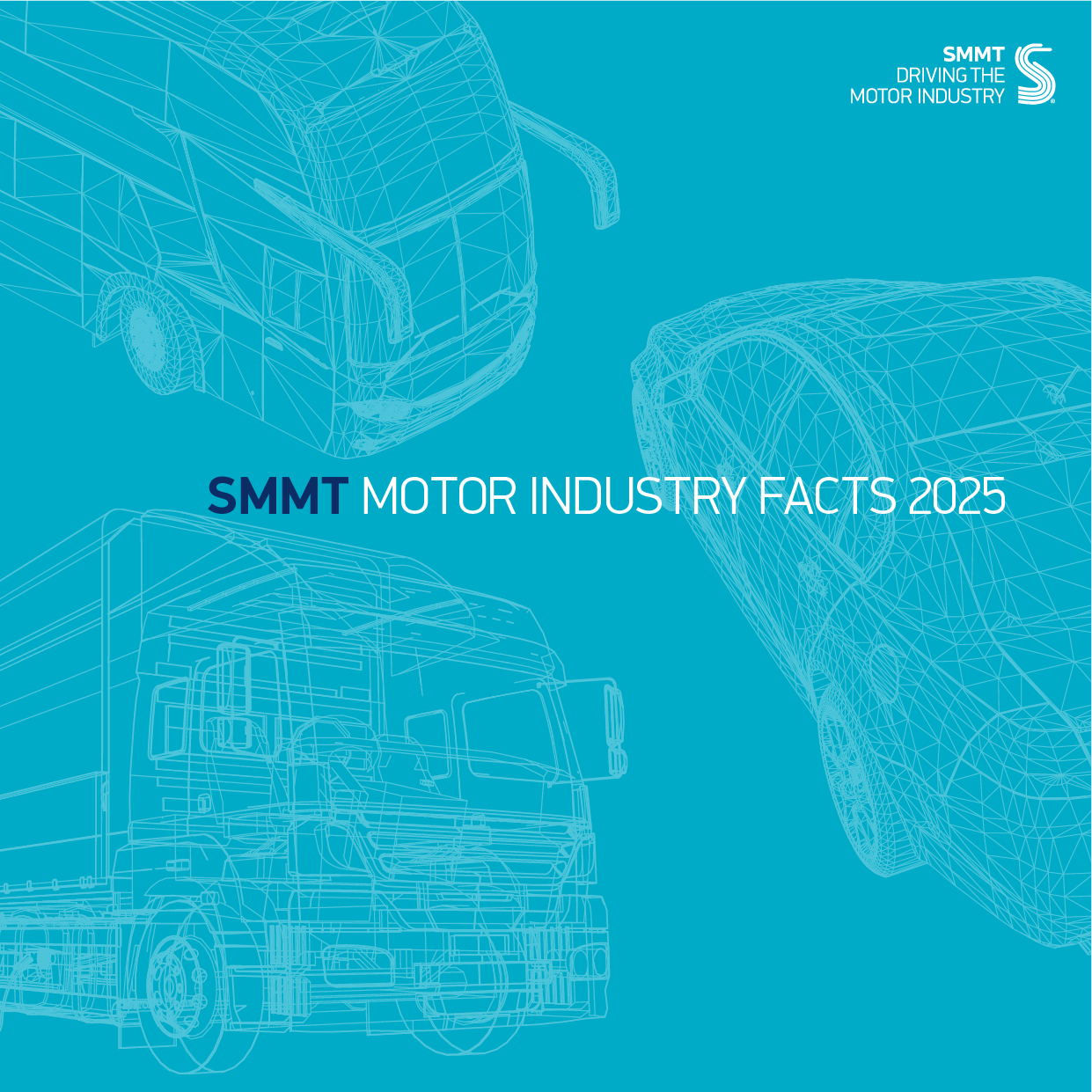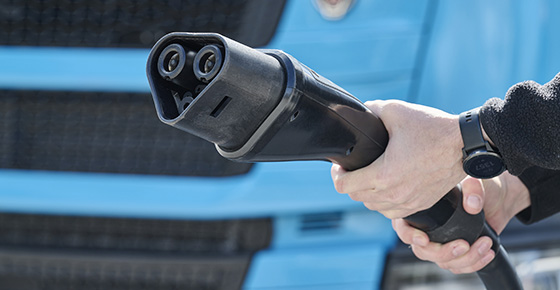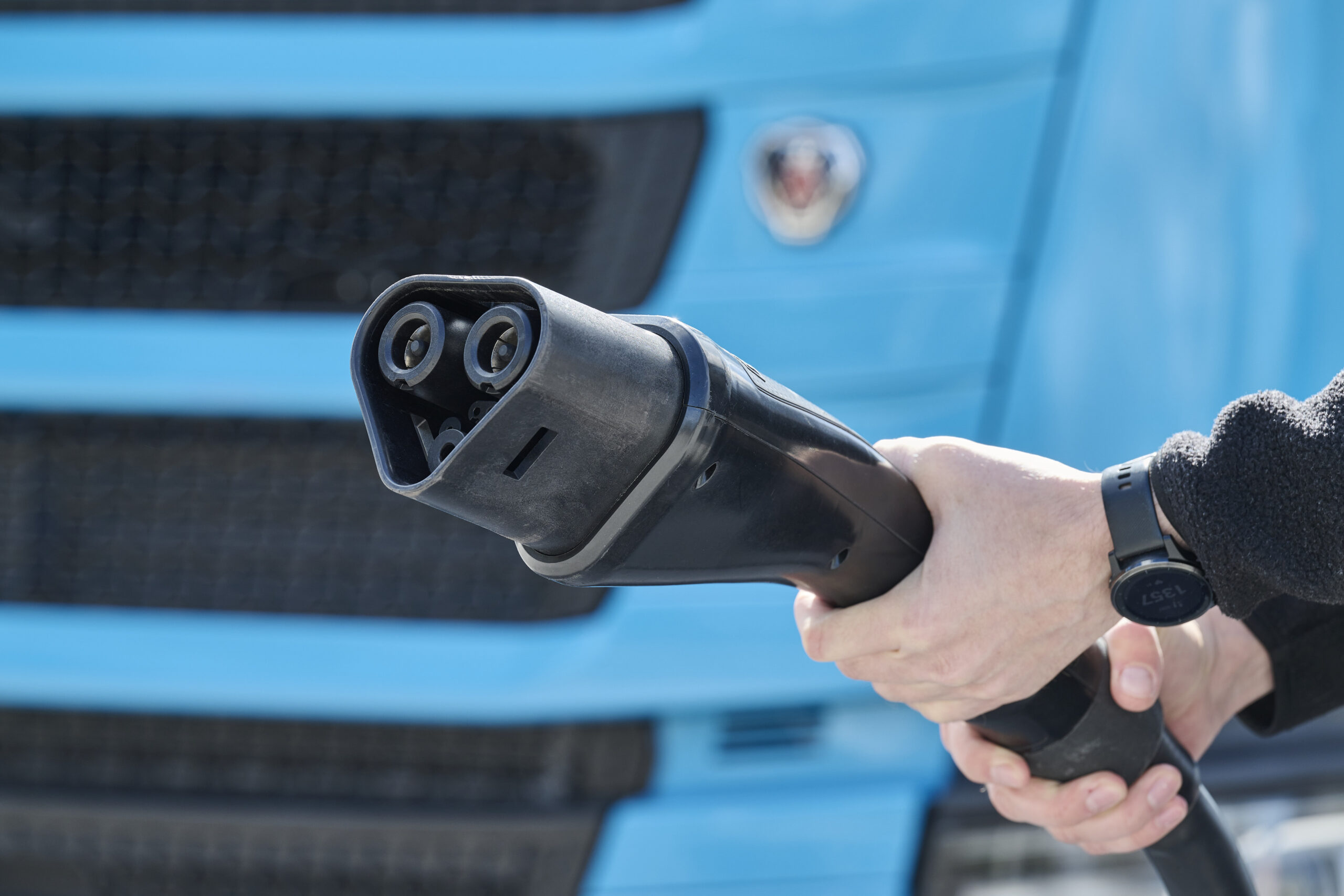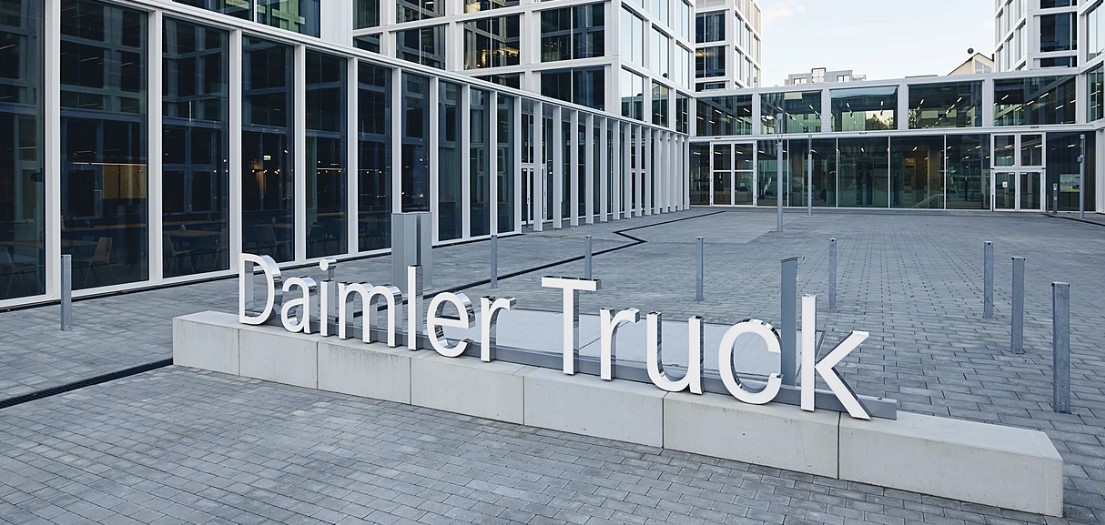
What do you think are the major challenges for the CV and truck, in particular, industry at the moment?
One of the biggest challenges for operators at the moment are the pressures to decarbonise, no matter the cost. In current times – where every penny counts – we must play our part in helping our customers with this task without necessarily costing them ‘the Earth’ to do the right thing.
As part of this challenge, it is knowing which Zero Emission technology is best placed for each particular customer and this is where myself and our eConsulting team come into their own.
The target for net zero emissions trucks over 26 tonnes is in 2040. Clearly the emphasis is on developing and expanding the electric truck range, but how can we accelerate change and make it easier for OEMs to achieve this target.
I think we need to look backwards to look forwards. If we look at examples in history where drastic change has happened quite quickly, such as the introduction of battery electric cars in the passenger car segment, then there are learnings there for our industry. Aside from the early adopters, what drove the change was the correct market conditions.
Governments worldwide created legislation such as reduced or zero BiK rates for company car providers, exemption from road fund license fees and government backed infrastructure projects, all of which enabled the Tesla Model Y to become the best-selling car globally last year – of any kind.
We must therefore encourage our policy makers to take a similar approach for the HGV sector in order to create the right environments for eHGV adoption to thrive. Whether this be government subsidised energy rates for operators, grants and support towards the required infrastructure for the truck itself. We must continue to lobby for change if we are to hit our global net zero targets.
How is technology and AI shaping the future for Daimler Truck UK?
It’s a very exciting time for us at Daimler Truck. There are three technology driven trends that we are working on at the moment: The first being the race to decarbonise our industry. The second is our goal to transform the digital landscape of Trucking via our joint venture with Volvo Group; Coretura. Coretura aims to revolutionise the hardware used to process truck data by removing a significant volume of individual computer units required today through use of a new and enhanced software suite.
The overall idea here is to provide a universal truck operating system that can be adopted by all OEMs and operators with increased safety and driver assistance, similar to iOS for iPhone.
The third is how we utilise AI within our vehicles’ ecosystems and within the day-to-day operations for our customers. Whether this is enhanced route analysis and optimisation software, autonomous driving, battery management or predictive maintenance, the possibilities for AI within our industry are truly endless.
Driver wellbeing is a key concern now, particularly in addressing driver shortages. How can the product offering be improved to make the industry more attractive to new, younger drivers?
I think we need two things in order to address this. We already have market leading driver assistance and comfort features within our truck portfolio but we also need to tackle the lack of facilities for our drivers across the UK strategic road network. Having spent a lot of time in Europe personally, the differences in Austria, Germany and Switzerland, in particular, in driver facilities at road stops vs our own, are vast.
I believe our vehicles themselves have never been more comfortable to drive, particularly with the introduction of our eActros portfolio, offering quiet, smooth and enhanced assistance features but it is only half of the equation.
The other half is improving where our drivers stop overnight, not only providing them with the basic comforts of a hot shower, laundry facilities and decent options for food but also security when spending the night. Without that, we will not attract talented young drivers into the industry.
What have been the key developments and what will be focus for the next two years for Daimler Truck UK?
For us, our focus is on expanding our eTruck portfolio and improving the products that we already have to help us support our customers decarbonisation journey. We are not only committed to BEV trucking to decarbonise but also Hydrogen which we believe will be commercially viable towards the end of this decade. We must therefore continue to build momentum for the arrival of that technology, as we see it playing a crucial part in decarbonising our industry in the future. Our other focus will also be around the digitisation of our industry and all of the exciting opportunities that this will yield.
TruckCharge will help the transition to eTrucks – briefly, how did it come about?
TruckCharge is an exciting new brand for Daimler Truck. Its conception came from the evident problem that all our customers face which is the need for charging infrastructure. In the past, customers were presented with a plethora of options available to them to install and supply their charging infrastructure, which at times can be confusing.
The aim of TruckCharge is to provide our customers with a one-stop shop, allowing them to buy the truck, the charger and the installation through our fantastic dealer network partners, removing the headache of knowing which provider to go with. We also offer customers the choice to finance this with just one monthly payment, removing the need for large upfront costs and hopefully, providing customers with flexibility.
TruckCharge integrates perfectly into our eConsulting programme as myself and my team work with our customers via TruckCharge to select the best chargers with the best installation partners for their business, simplifying their decarbonisation journey from start to finish. This is something we are very proud of at Daimler Truck UK.
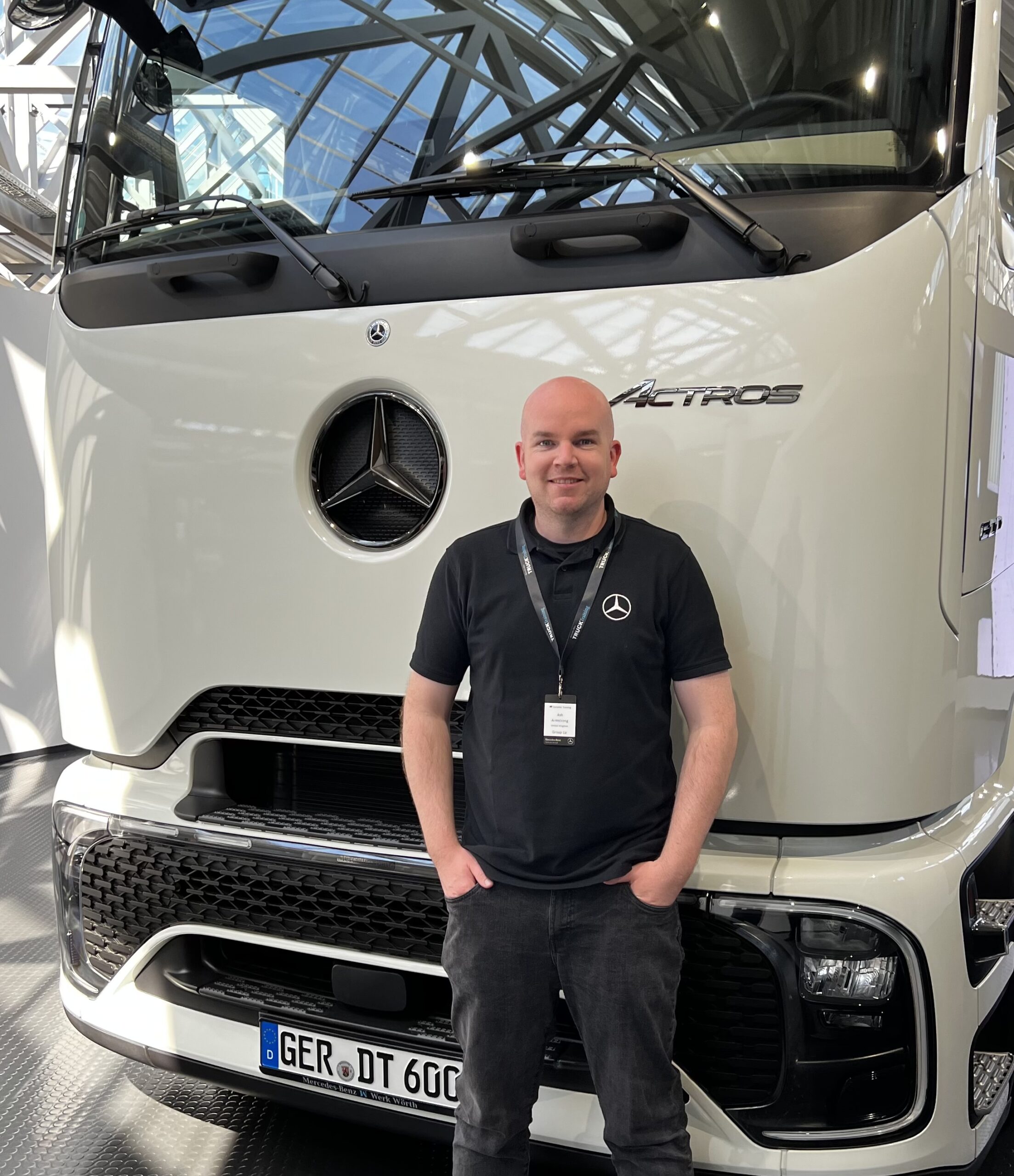
Ash Armstrong
eConsultancy Manager, Daimler Truck UK
